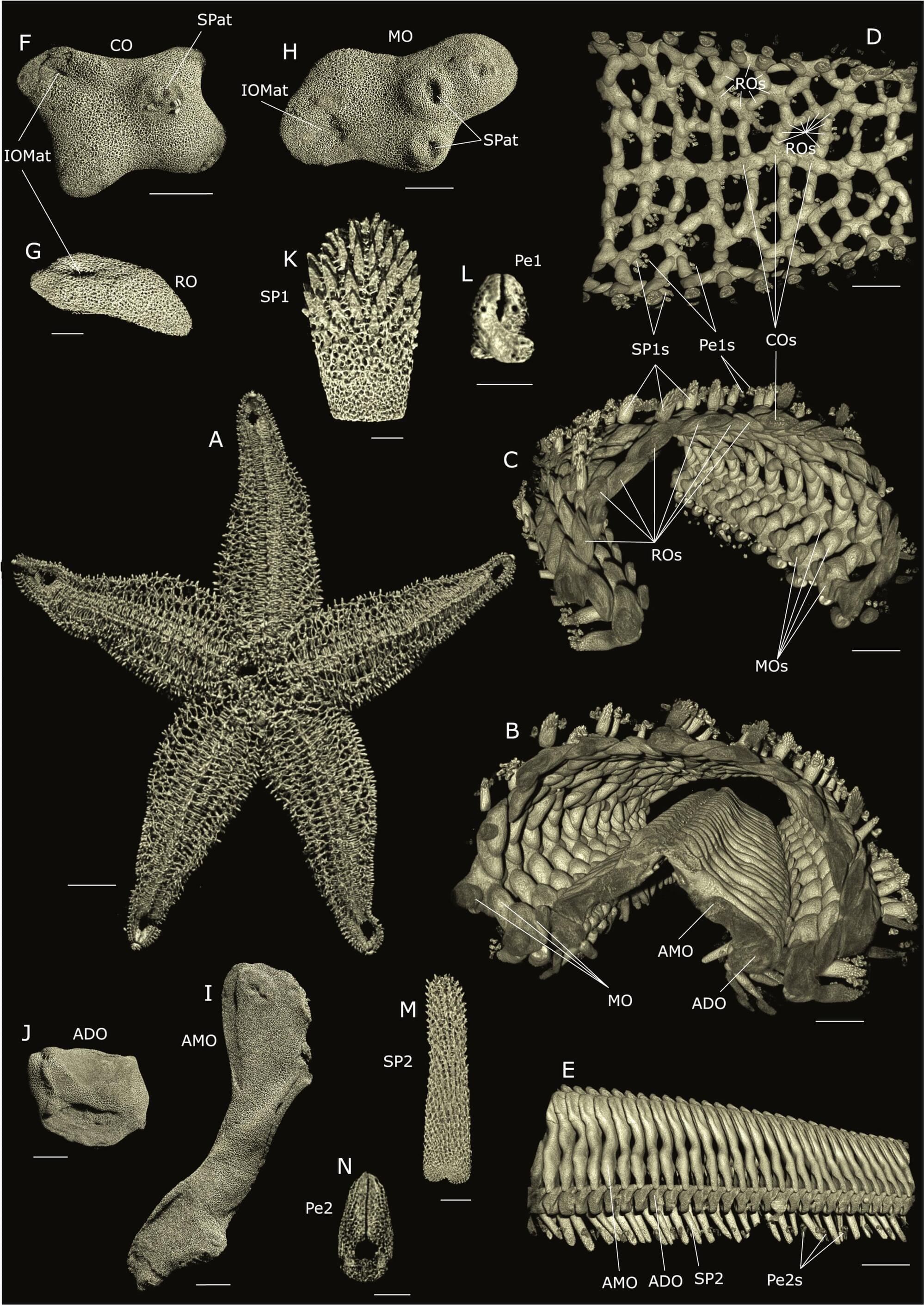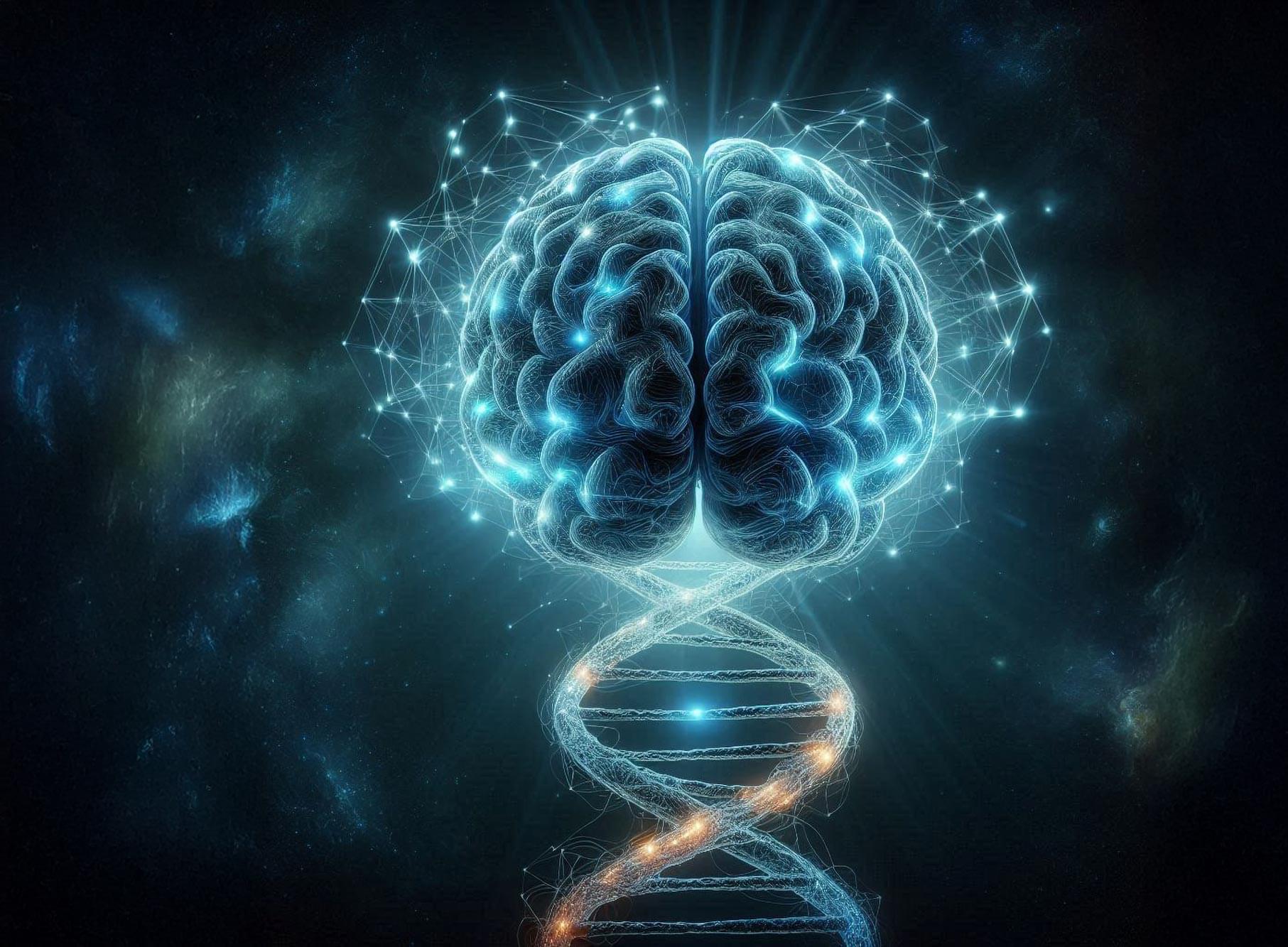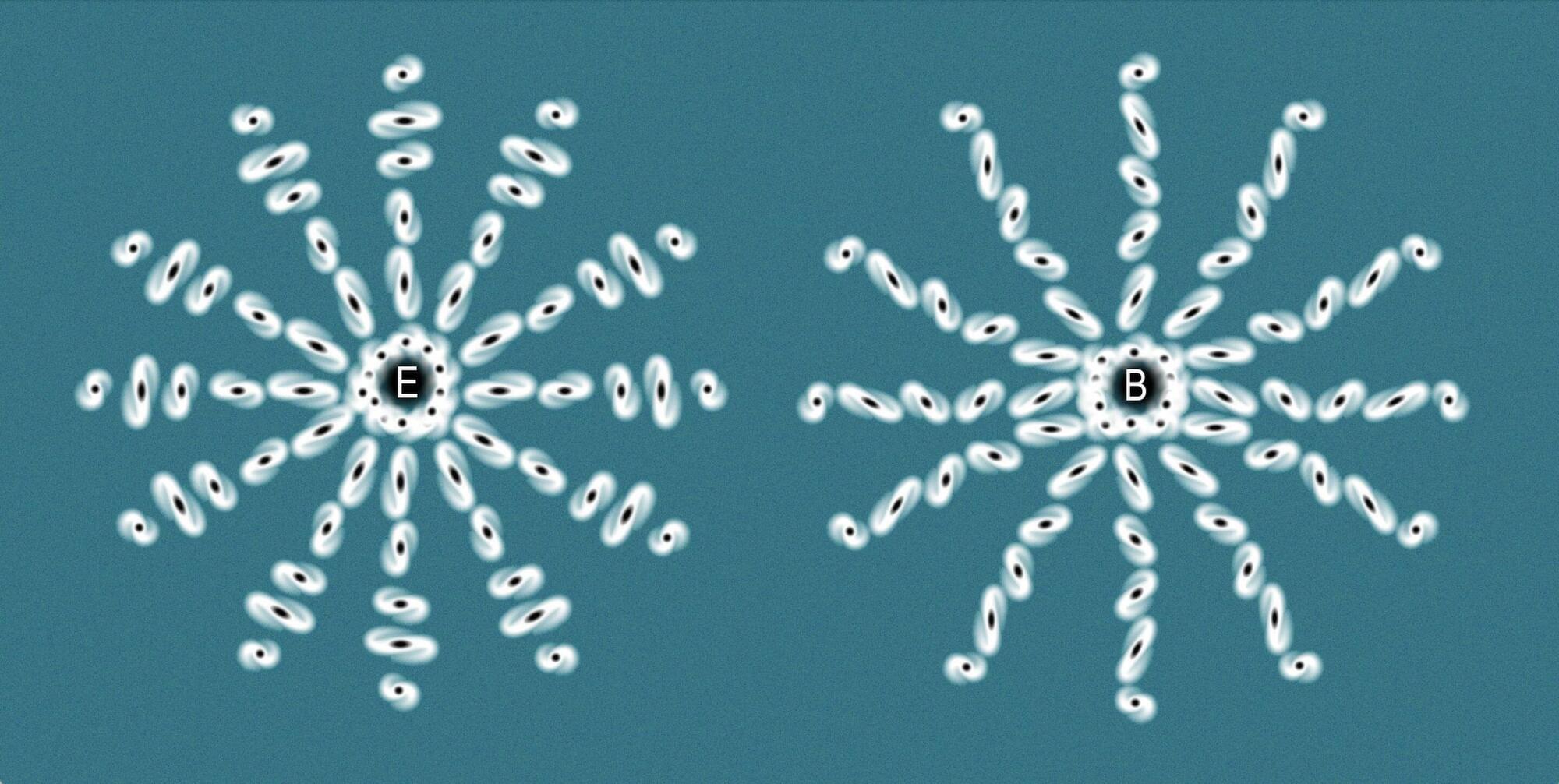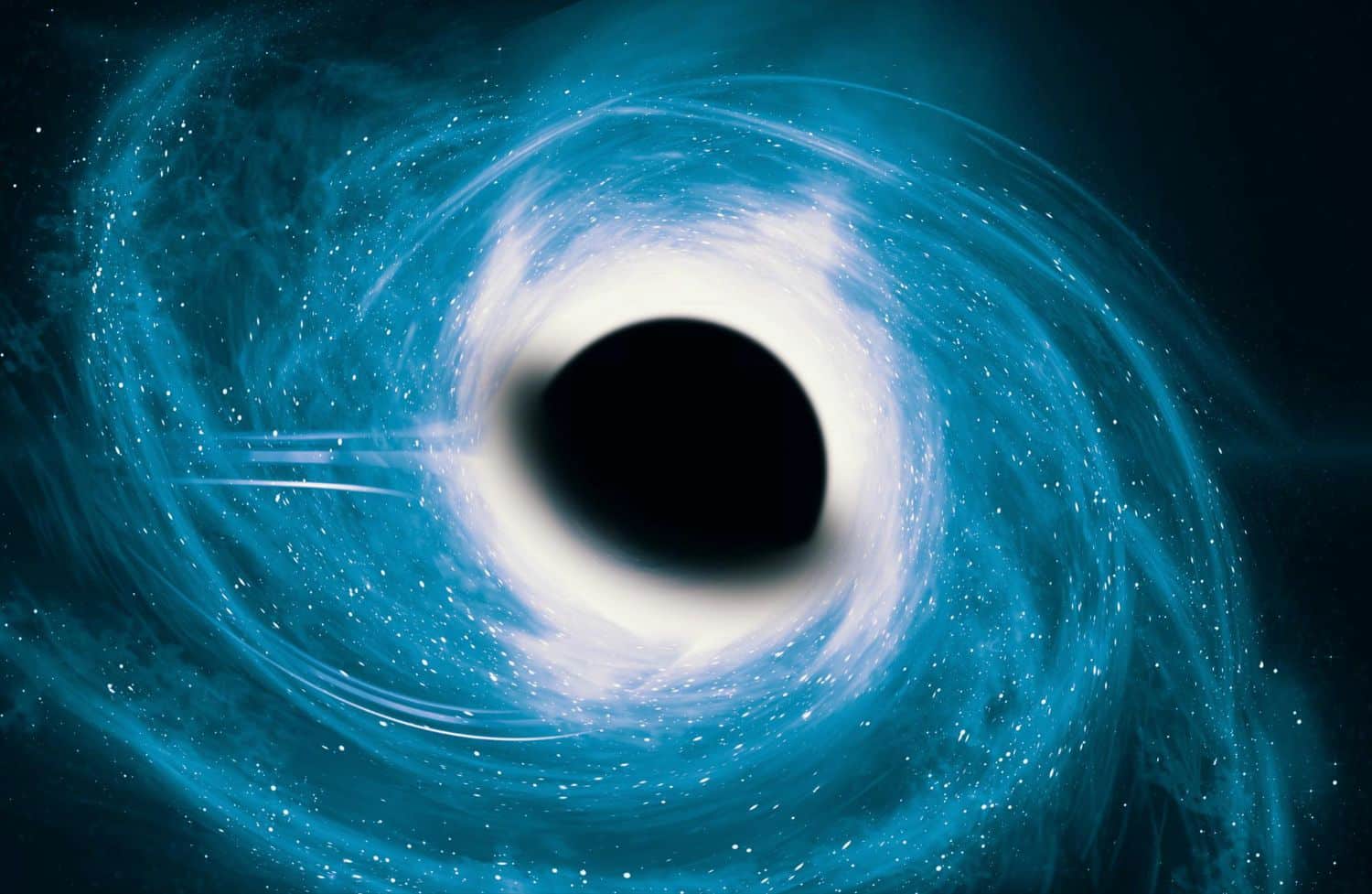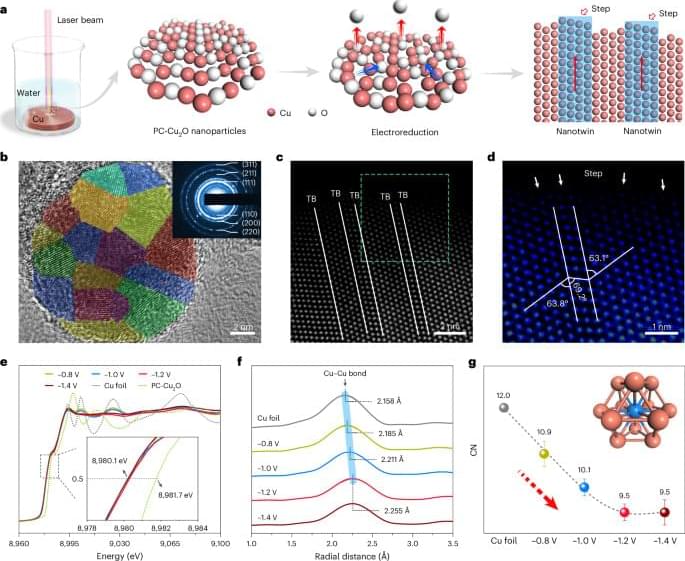Researchers at the Biomimetics-Innovation-Center, Hochschule Bremen—City University of Applied Sciences, have made pioneering discoveries about how mechanical stress shapes the ultrastructure of starfish skeletons. Published in Acta Biomaterialia, their study delivers the first in-depth analysis of how starfish skeletons respond to varying stress conditions, revealing new insights into the evolutionary mechanisms that drive skeletal adaptation.
While starfish are widely recognized—especially thanks to pop-culture icons like Patrick Star in SpongeBob SquarePants—their remarkable internal structure often goes unnoticed. Sharing an evolutionary lineage with vertebrates, starfish serve as powerful models for studying the development of endoskeletons.
Their skeletons consist of thousands of small, bone-like elements called ossicles, which feature a complex, porous structure strikingly similar to human and other vertebrate bones. According to lead author Raman and colleagues, these ossicles exhibit microstructural adaptations that mirror the mechanical loads they experience, demonstrating a universal principle of stress adaptation.
